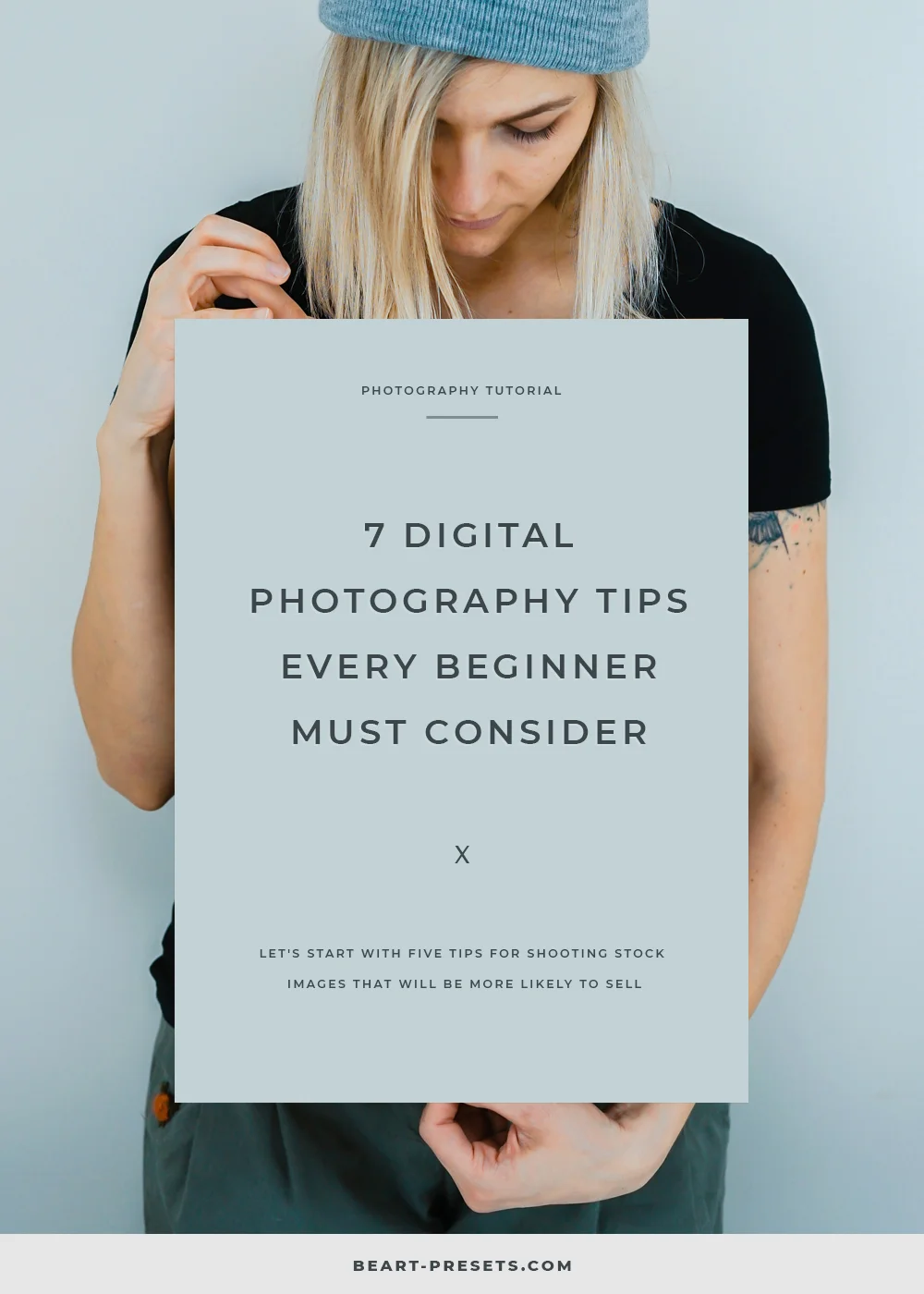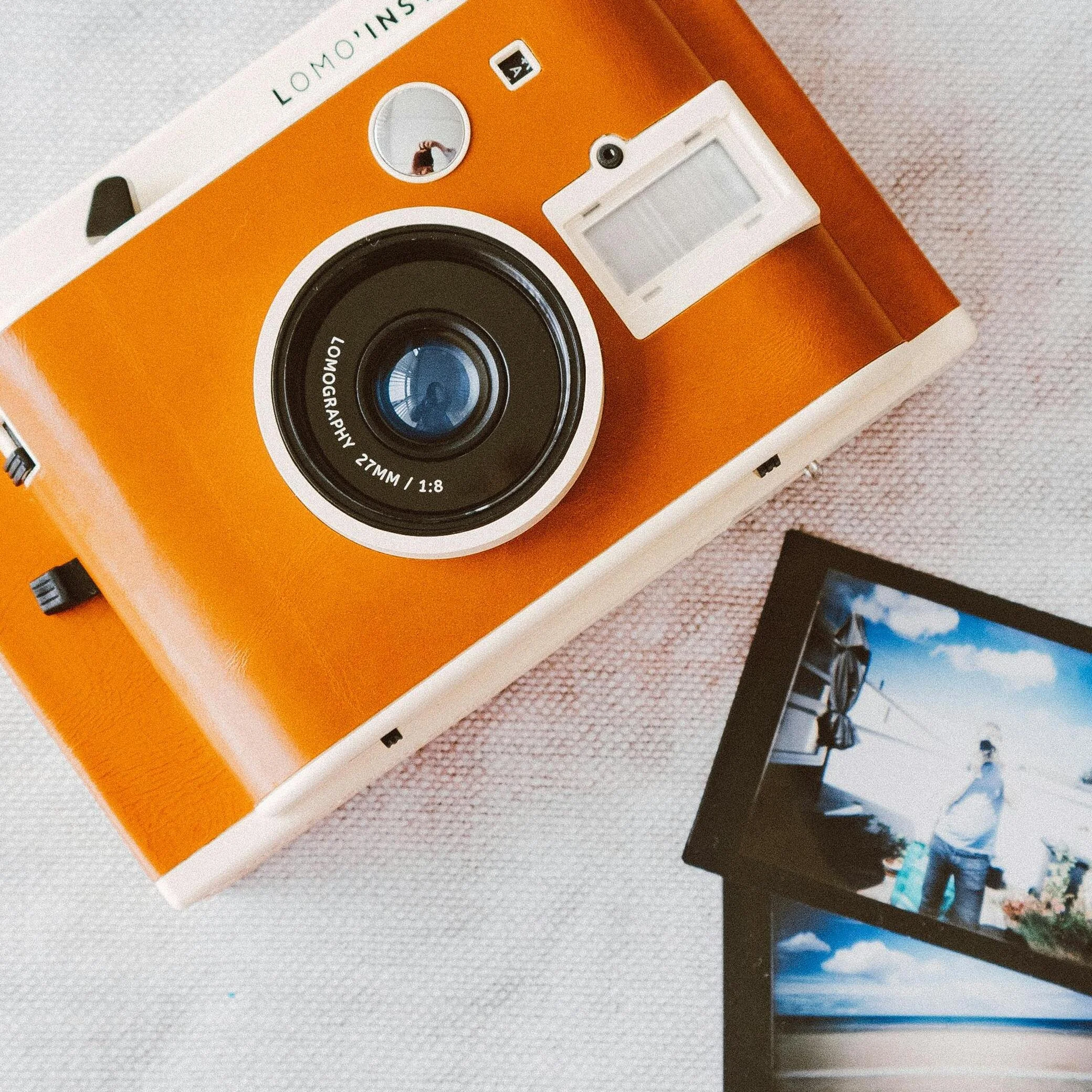7 Digital Photography Tips Every Beginner Must Consider
When taking the first steps in photography, you discover an entirely new world and start to see things in a way you never did before. Little by little, you learn more about artistic methods of photo shooting trying to create masterpiece after masterpiece.
However, since you’re a newbie, it is easy for you to get confused if you choose to go down the wrong path. One way of avoiding such an unfortunate situation is ordering an academic paper written by gurus of photography at Bestcustomwriting.
The first question most beginner photographers ask is, ‘How do I pick the right camera and lens?’. And it seems quite logical, given the fact that they’ve never held a camera in their hands before. However, getting a fancy rig is the last thing an amateur photographer should think about. Having the right photographic equipment is very important, and we’ll provide you with some useful tips about it later on, but this is not a priority when you’re only getting started.
So, what are the things all those who are eager to make perfect photos but do not know where to start should keep in mind? Take a look at our seven tips and you’ll probably get all the answers you need.
1. Training Is Primary, and Technology Is Secondary
There’s a popular saying: spend money on getting impressions and do not waste it on material things. In fact, it’s a scientifically proven fact. The thing is, even a fleeting experience will remain a part of our life and not just be an object we possess. It doesn’t sound like a useful tip to you, does it? In fact, this recommendation from experienced photographers is often overlooked by beginners. When choosing between a new camera and a trip to an amazing place, most of them prefer the former. Do not make the same mistake.
Jim Richardson, a famous photographer who has been working for the National Geographic for many years, once said: ‘If you want to be a better photographer, stand in front of more interesting stuff.’ The Canon EOS-1D X won't do any good if you don’t understand how to use it. The only time you’ll need it is when something interesting is going on around you and you need to shoot it at 14 frames per second. Spend money on getting knowledge and skills, gain experience, and forget about photo equipment for a while.
2. Take Pictures for Yourself and Not for Others
For most photographers, their occupation is a hobby and not a job. While taking pictures, you shouldn’t only enjoy the result — you should derive pleasure from the process itself. If you strive to take photos just for getting likes or comments on social media, then you are clearly headed in the wrong direction. It applies to all types of art, especially when you are a newbie. You should take pictures for yourself, so shoot what you like and focus on things that inspire you. People will notice it and appreciate your creativity and individuality.
3. Create Personal Limits for Yourself
If you’re a beginner, one of the best ways for you to improve your skills would be to limit yourself. It is also possible to apply this method while selecting a genre, but we are now talking about a technique you should come up with. Try taking photos with your smartphone only and see how your ability to visualize a composition changes when you stop thinking about picture quality. Also, if you use only one lens for a couple of months, you will see your focal length skills improve by leaps and bounds.
Restrictions are beneficial for your professional growth. Intentionally limiting the use of equipment, shooting only at a particular hour of the day or taking only black-and-white photos are some of the examples of self-imposed restrictions. An effective way to attain mastery in photography is to learn different sides of the craft by imposing artificial limits on yourself.
4. Find Your Niche
This piece of advice is absolutely vital for every beginner, although people rarely pay attention to it. Every novice photographer considers themselves the living embodiment of Jimmy Chin, Paul Nicklen, Henri Cartier-Bresson, and Steve McCurry. But no one can be equally good at street or travel photography, portrait genre, or shooting wildlife. Maybe you will be able to do it, but only later on when you pick up enough skills.
Don’t be afraid to experiment. Remember — you don’t need to make your choice right now. Once you find out what you like best, you should focus on that. You will be surprised how dramatically your skills will improve when you get rid of an obsessive idea to do everything at once. Figure out what your specialization should be and find your particular niche. Get some in-depth knowledge instead of obtaining superficial notions about everything.
5. Don’t Hurry Up
Digital photography has made things a lot easier for beginner photographers. Today, a memory card in your camera can hold up to 1,000 pictures in the RAW format. So, you probably think to yourself, ‘Why not set my camera in the continuous shooting mode and shoot like14 frames per second?’ No, that’s not the way to go.
Of course, you can get a nice shot eventually, but imagine how long it will take you to get one. You should not be like that blind squirrel from a famous saying which finds nuts accidentally. Explore your surroundings, carefully select a frame, and take your time capturing pictures.
Pressing the shutter button should be preceded by lengthy reflections and careful preparations. Did you select the composition you want to capture correctly? Did you explore the area and choose the best time to take a picture? Did you evaluate the shooting potential of the location even without being physically present there?
Digital photography has brought so many opportunities to us, and we should take full advantage of them. Just start taking pictures as if your camera had a film with only 36 frames. Take your time - it'll pay off eventually.
6. Join a Community
Choose a community on Facebook, 500px, Google+, or some other web resource. Joining a group of amateur photographers can bring you many benefits. Other people can point out the mistakes you’ve made or provide you with some valuable tips. Also, sharing your love for photography with like-minded people is a truly rewarding experience. Take pictures for yourself and stop comparing yourself to others. Your professionalism will grow faster if you join a group of experienced photo artists.
7. Practice Makes Perfect
John Free, a well-known photographer, noted that being able to capture fascinating moments requires one to continuously practice. It often happens that you take perfect shots when you least expect it. Also, you can quickly lose acquired skills if you don’t practice regularly. Take musicians and athletes - they train all the time, and so should you. In the grand scheme of things, you have to work hard to succeed.
You don’t have to take a huge number of photos trying to replace quality with quantity. The more you shoot and analyze images, the faster you will understand what needs to be done. In order to synchronize your finger with your thoughts, you’ll have to practice. Your hands should automatically set the desired parameters while your brain should pick the best angle.






















